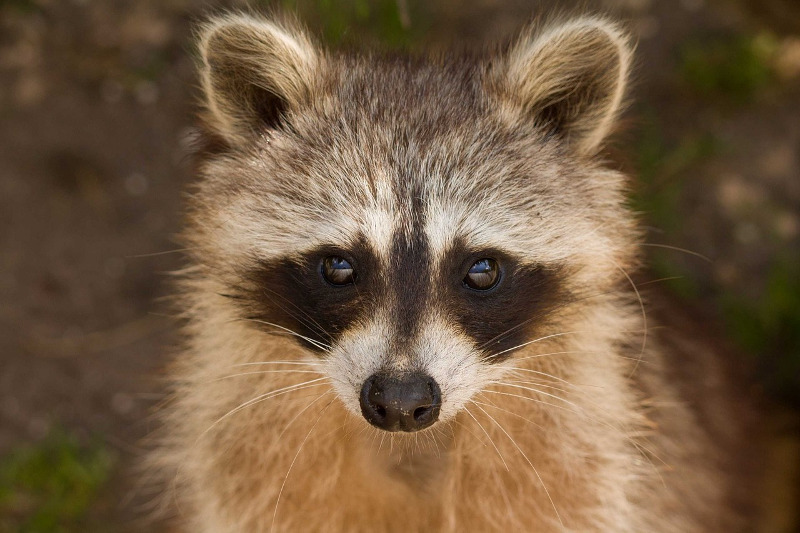The Grey Bruce Health Unit is urging residents to take precautions against potential rabies exposure, such as by not feeding or handling wildlife, not touching unfamiliar or stray dogs or cats, and bat-proofing the home.
Bats, foxes, skunks, and raccoons are the most common animals in Canada to have rabies, a viral infection that attacks the central nervous system of mammals, including humans. The virus is usually transmitted to humans from the bite of an infected animal.
“Public Health typically sees an increase in reports at this time of year of people being bitten by unfamiliar dogs or exposed to wild animals that could be carrying the rabies virus. And this year is no exception,” explained Andrew Barton, the Senior Public Health Manager who oversees GBHU’s Environmental Health program. “Rabies is a very serious virus that, if left untreated, is almost always fatal, including in humans. Public Health encourages everyone to avoid contact with wild animals and exercise caution around dogs or cats that you do not know.”
Grey-Bruce last had a positive animal in 2021 when a big brown bat tested positive for rabies.
To prevent potential exposure to rabies:
- Never pet unfamiliar animals, including stray cats or someone else’s pet;
- Do not feed or handle wild animals;
- Teach children to stay away from wild or stray animals;
- Do not touch dead or sick animals;
- Do not keep wild animals as pets; and
- Prevent bats from entering the home.
Pet owners in Ontario are also legally required, under the Ontario Health Protection and Promotion Act, to keep dogs, cats, and ferrets over three months old vaccinated for rabies.
Public Health also announced that the Owen Sound Animal Shelter, at 2125 18th Ave. E., will be holding a low-cost, public rabies vaccine clinic on September 10 from 10 a.m. to 2 p.m. One-year rabies vaccines will be administered to pets by local veterinarians. The cost is $25, cash only. Only the rabies vaccine will be administered and the clinic is not meant to replace regular veterinarian visits.
Individuals can become infected with the rabies virus if bitten by an infected animal or if the infected saliva of an animal gets into a person’s mouth, nose, eyes, or an open cut, sore or wound.
If you’ve been exposed to the saliva of a potentially rabid animal, you should:
- Wash the bite or scratch with soap and warm water immediately (use hand sanitizer if there’s no soap or water nearby);
- Call your family doctor or go to the nearest hospital for treatment right away;
- Report the bite or scratch to the Grey Bruce Health Unit at 519-376-9420.
More information on rabies, including how to protect yourself and your family from the virus, is available at publichealthgreybruce.on.ca.












